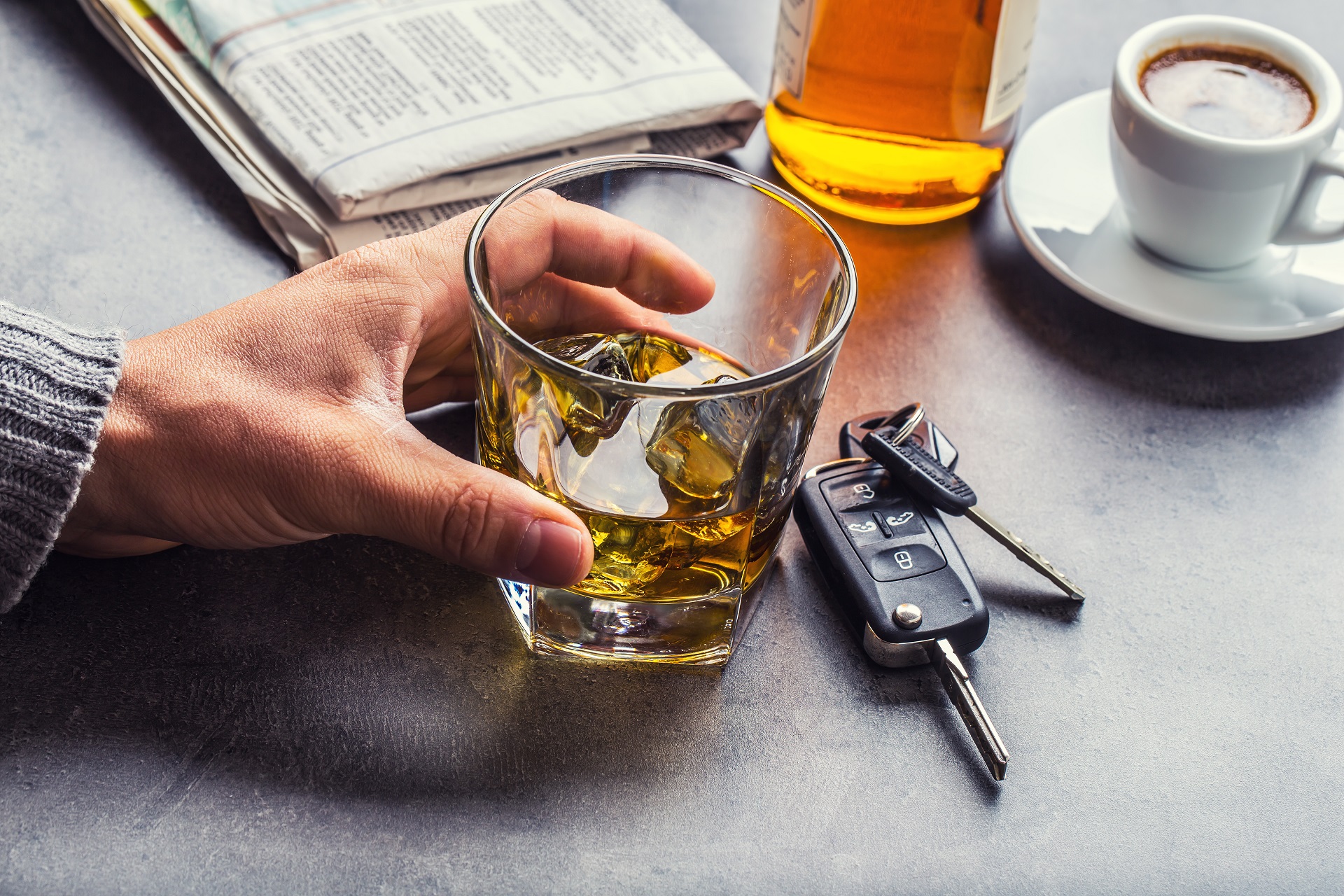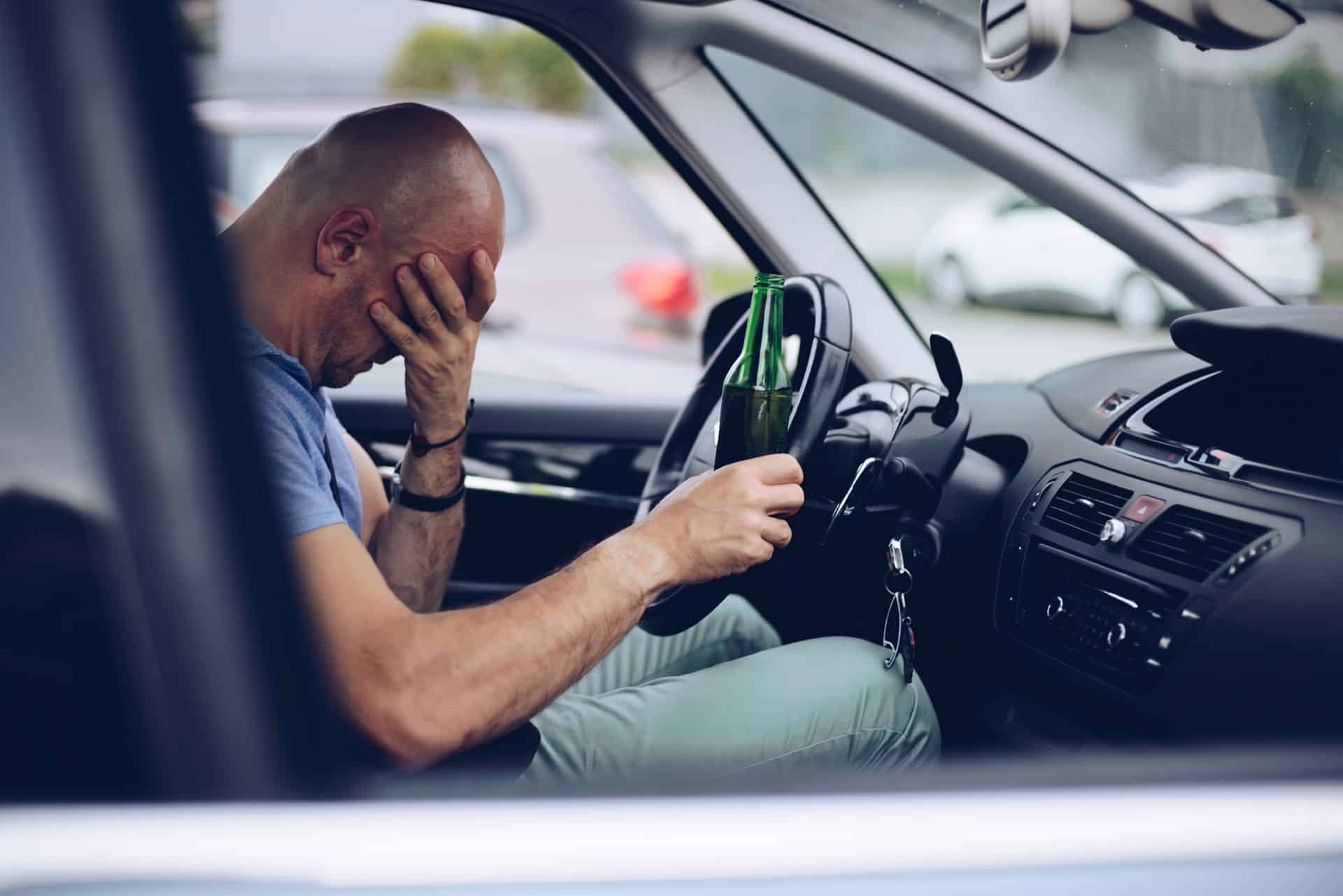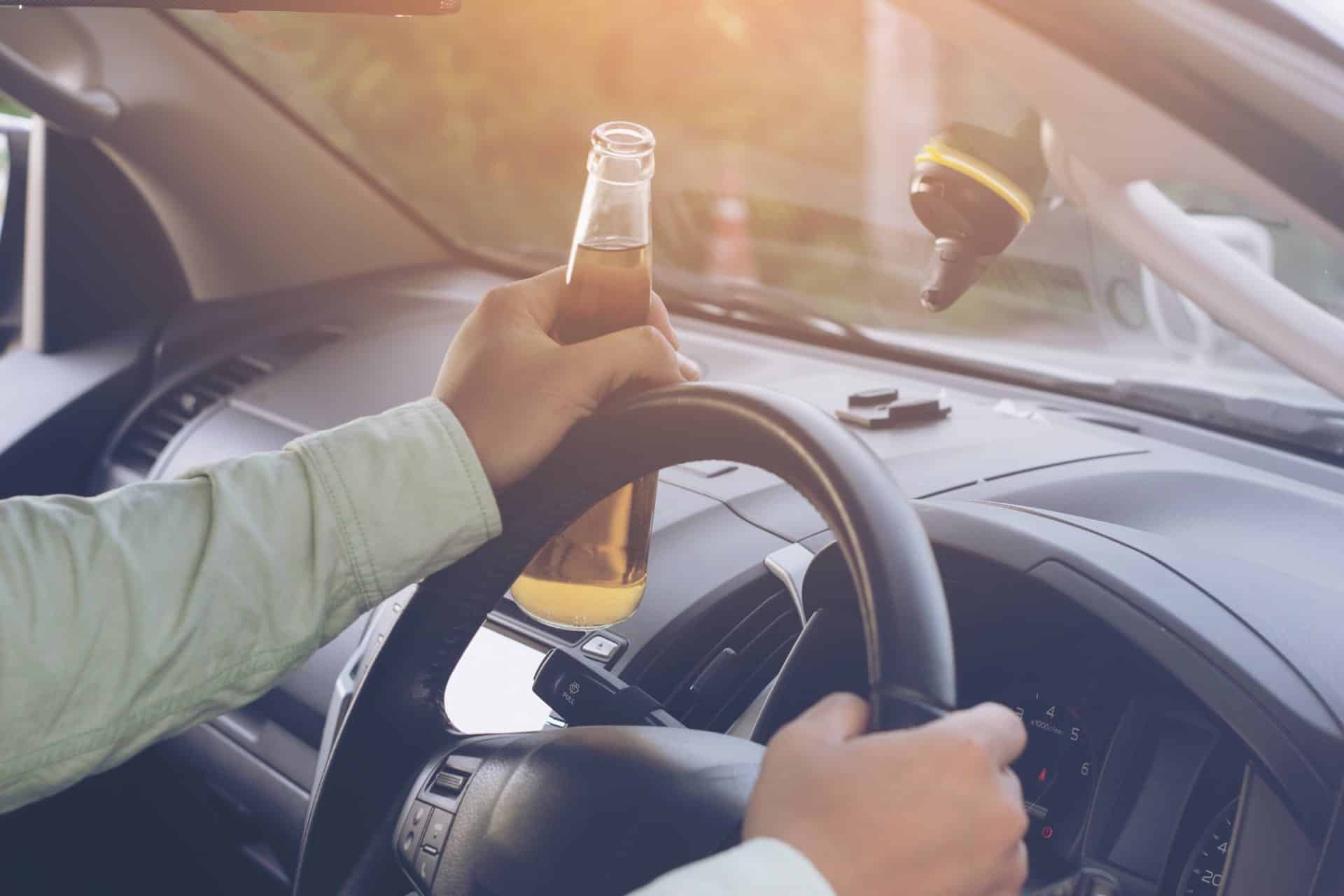
Like most states, California takes intoxicated driving seriously. Operating a vehicle while under the influence of alcohol or controlled substances can be dangerous, as your reaction time may be slowed down and render you unable to stop your vehicle from colliding with a pedestrian, bicyclist, or another car. Unfortunately, a night of celebration can turn into chaos in an instant—one minute, you are traveling home, and the next thing you know is that a law enforcement officer is arresting you for drunk driving. It’s natural to feel confused and overwhelmed at the scene of the incident, and you may be tempted to explain your way out of the situation. However, the most important step you can take is to contact a knowledgeable and experienced Palmdale criminal defense attorney who can assess the details of your situation and identify the most strategic path forward. You may have heard the terms driving under the influence (DUI) and driving while intoxicated (DWI), so it’s natural for you to wonder about the distinction between these two criminal offenses. This post will explore DUI offenses under California law and help you understand the steps you should take to protect your legal rights and keep your future as bright as possible.
What DUI and DWI Offenses Mean
Operating a vehicle while under the influence of alcohol or drugs can lead to criminal charges. The state of California refers to these types of offenses as “driving under the influence” (DUI) crimes, while other states use the term “driving while intoxicated” (DWI) instead. Although many states use these two terms in reference to the same offenses, some states recognize a legal distinction between DUI and DWI crimes. Under such systems, DWI crimes are typically considered more serious offenses than DUI crimes, as it requires a higher burden of proof for the state to show that a driver was impaired than to establish that the individual had alcohol in their system at the time of the incident. Over time, most states have moved away from this distinction. The California criminal justice system uses the term DUI to refer to any offense in which you operated a vehicle with alcohol in your system or drove while impaired. If you moved to California from a state that refers to these offenses as DWIs, it’s helpful to understand that California prosecutes any form of impaired or intoxicated driving under the umbrella of DUI.
What First-Time DUI Offenders Can Expect in California
Facing a DUI for the first time can be overwhelming and stressful, especially if you do not understand what to expect from the process. Suddenly, you face an uncertain future, and you may wonder if this momentary lapse in judgment will derail your life and negatively impact your future. For instance, it’s natural to wonder how long a license is suspended for a DUI in California. First, it’s important to recognize that prosecutors can bring either misdemeanor or felony DUI charges against you, depending on the specific factors and circumstances of the arrest. For example, many first-time DUI offenders face the possibility of three to five years of probation, a mandatory jail sentence of 48 hours, fines of up to $1,800, mandatory participation in DUI school or an accredited program, and an automatic six-month driver’s license revocation. Other factors, such as having an exceptionally high blood alcohol concentration (BAC) at the time of your arrest or inflicting gross physical injury on another because of your intoxicated driving, can result in enhanced penalties. For instance, if you injure someone while driving under the influence, the penalty can include incarceration in state prison. DUI offenses are nothing to take lightly, so contact a knowledgeable defense lawyer right away.
Administrative Consequences After a DUI Arrest
Once a law enforcement officer has placed you under arrest, they must forward a copy of the completed notice of suspension or revocation form, a sworn report, and your confiscated driver’s license to the California Department of Motor Vehicles (DMV). The DMV will conduct an administrative review of the officer’s report, the suspension or revocation order, and any relevant test results (i.e., blood test, breathalyzer results, or chemical test results). You have the right to request a hearing from the DMV as long as you make this request within ten days of the suspension or revocation order. Once the required suspension or revocation period has passed (typically six months), you may contact the DMV and pay a fee to have your driver’s license reinstated. You will also need to provide proof of financial responsibility (i.e., insurance) to obtain your driver’s license.
Trusted Legal Representation When You Need It Most
Some people attempt to represent themselves during DUI proceedings. However, working with a seasoned and trusted Palmdale DUI defense lawyer is the best way to keep your future as bright as possible. One of the most significant benefits of working with an attorney is knowing that you have someone by your side who is advocating vocally for your best interests. Your attorney is there to answer your questions, address your concerns, and guide you through every step of the legal process, from your arrest to the verdict (or appeal). As soon as you contact your attorney, they will get to work investigating the circumstances of your arrest, looking for any potential violations of your rights during this process. For example, if the arresting officer failed to notify you of your Miranda rights (i.e., your right to remain silent, your right to an attorney, etc.), they can call attention to this possible violation of your constitutional rights.
A knowledgeable DUI defense attorney also knows how to review the evidence against you to uncover any inconsistencies or errors, like questioning the validity or accuracy of chemical test results. As you prepare to navigate the days, weeks, and months ahead of you, your attorney will remain by your side to explain each step of the process and defend your freedom and future as vigorously as possible. Whether your attorney recommends negotiating a plea deal or taking the matter to court, you can trust that protecting your best interests remains their top priority.
If you or a loved one is facing a DWI or DUI charge in Palmdale or Lancaster, call the Law Offices of David M. Wallin right away at (661) 267-1313 to schedule a free consultation with an experienced and trusted criminal defense attorney.



